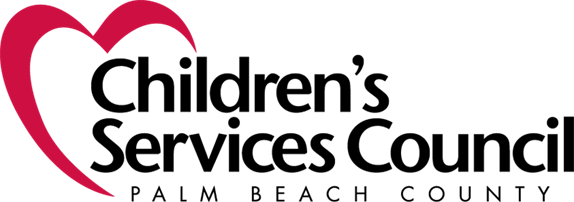Prepare for Hurricane Season- Talking to Kids About Storms
For families that live in a place such as South Florida, where summer thunderstorms and hurricanes are expected, it’s normal for kids to feel anxious when bad weather approaches. Even when storms come with some warning, it’s easy to be involved in the news and general discussion of storm prep. The best way to support children and any fears about storms is to prepare, focus on what you can control, and communicate as a family. It’s okay to feel a little nervous, but by knowing what to expect and remaining calm, you can help your child through any weather that comes your way!
Before a Storm
- Summer thunderstorms and hurricane seasons are common in our area; you can talk with your kids about these types of storms ahead of time, including what could happen, while using terms that are easy for them to understand. For example, you can let them know that while thunder and lightning may look and sound scary, staying inside will help keep everyone safe.
- Explain to your child what your family will be doing to get ready, and let them help with age-appropriate tasks, such as packing storm kits equipped with flashlights, batteries, canned foods, first-aid supplies, bottled water, phone chargers, and formula and diapers for infants. You can also have your child help secure the house and yard by moving in items like bikes and toys and clearing away big branches.
- If your child still seems afraid, have them focus on the positive, like picking out fun snacks to eat or favorite board games to play while staying inside during a storm. Ask them what they are afraid of and encourage them to talk - sometimes, just having your child share their fears and showing them that you’re listening can help them feel less worried.
During a Storm
- Let your kids know that it is possible you may lose power for a while. Have books, board games, puzzles, and art supplies ready for unexpected downtimes, as well as plenty of flashlights.
- Remain calm; your kids will most likely be watching you for clues on how to act while a storm is brewing outside. Give kids tasks they can do, such as filling up a bathtub (and explaining that you can use the water for flushing toilets, if needed) or keeping a pet calm. If your child has a job to do, it can help them feel more in control of the situation.
- Join your child in performing relaxing activities, such as taking deep breaths or snuggling up together and telling stories.
After a Storm
- If a storm does affect your area, talk to your kids about what happened and stick to the facts. Encourage them to ask questions and share how they feel - if your child tells you that they are upset or scared, let them know you understand, and reassure them that the storm has passed and that they’re safe.
- Turn the storm into a learning experience! Check out weather-related books from the library and read them aloud together. Knowledge is power, and learning the science behind storms can make future ones less scary.
- If the power goes out or trees are blocking the roads, show your child how everyone comes together to help, including firefighters, power company workers, and neighbors. If it’s safe, have your family think about ways to help others in and outside your community! Consider donating canned foods or clothes to those in need or participating in neighborhood clean-ups.
Keep in mind that while getting your family involved in preparing for a storm can ease some of their anxiety, they may still be nervous. Let your child know you are there to talk with them about any fears they may have. The Red Cross has full supply lists online, which you can go over with your children to ensure you have everything you need: https://www.redcross.org/get-help/how-to-prepare-for-emergencies/survival-kit-supplies.html. Also, if your home or neighborhood has damage after a hurricane, be sure to check the Centers for Disease Control and Prevention (CDC)’s tips on how to stay safe: https://www.cdc.gov/hurricanes/safety/how-to-safely-stay-safe-after-a-hurricane-or-other-tropical-storm.html. For additional information related to child care closures and safety information, our Child Care Resource & Referral team is always available at 561-514-3300.

 Translate
Translate


